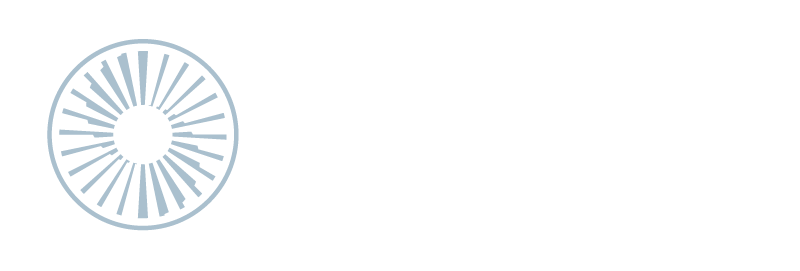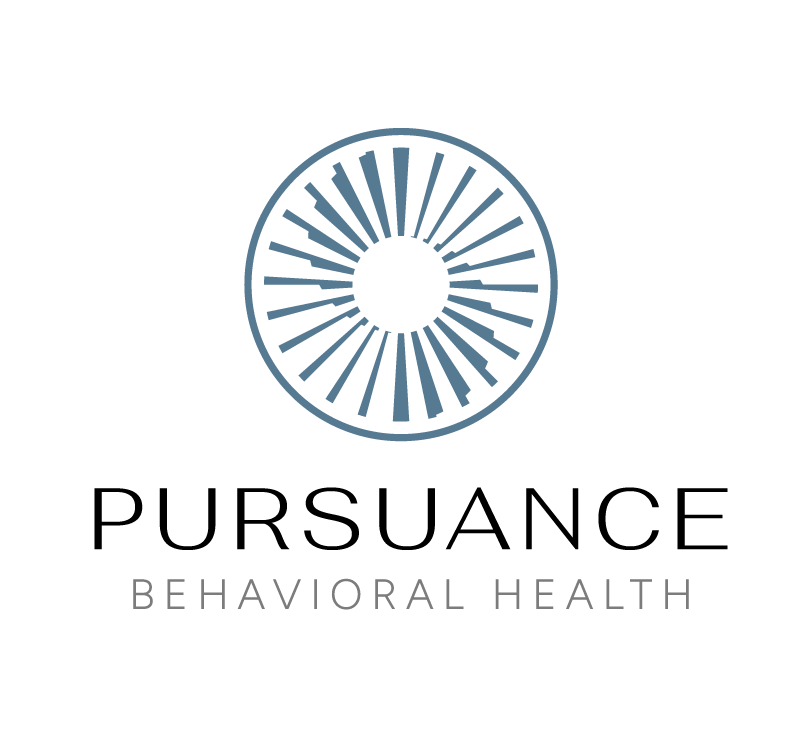Nutrition and mental health are deeply interconnected. While it’s been common knowledge that physical health is influenced by what we eat, the connection between diet and mental well-being is only recently gaining the recognition it deserves. Research continues to unveil that what you eat can significantly affect your mood, behavior, and mental function. The Brain-Gut …
Nutrition and mental health are deeply interconnected. While it’s been common knowledge that physical health is influenced by what we eat, the connection between diet and mental well-being is only recently gaining the recognition it deserves. Research continues to unveil that what you eat can significantly affect your mood, behavior, and mental function.
The Brain-Gut Connection
The brain-gut axis is a term used to describe the communication network that links the central nervous system to the gastrointestinal tract. This connection is so profound that the gut is often referred to as the “second brain.” This relationship is maintained by the vagus nerve, which sends signals between the gut and brain, and by the gut microbiota, the community of microorganisms residing in our intestines.
The gut microbiota plays a pivotal role in the synthesis of neurotransmitters such as serotonin and dopamine, which are critical for mood regulation. In fact, about 90% of the body’s serotonin is produced in the digestive tract. A balanced diet helps maintain a healthy gut microbiota, which can contribute to improved mental health.
Essential Nutrients for Mental Wellness
- Omega-3 Fatty Acids: Found in fish, flaxseed, and walnuts, omega-3 fatty acids are crucial for brain health. They play an important part in cognitive function and emotional regulation. Studies suggest that a deficiency in these fats is linked to mood disorders such as depression and anxiety.
- B Vitamins: B vitamins, especially B12 and folate, are essential for brain function. They help produce and break down brain chemicals that regulate mood and other brain functions. Leafy greens, poultry, and fortified cereals are great sources of B vitamins.
- Antioxidants: Antioxidants like vitamin C, E, and beta-carotene protect the brain from oxidative stress. This protection is important, as oxidative stress can damage brain cells and lead to mental decline. Foods rich in antioxidants include berries, nuts, and vegetables.
- Magnesium: This mineral aids in brain function and mood regulation. Magnesium deficiency has been linked to a higher risk of depression. Foods such as nuts, seeds, and whole grains are excellent sources of magnesium.
The Role of Gut Health
A healthy gut can significantly contribute to a balanced mental state. Probiotics, found in yogurt, kefir, and fermented foods, are beneficial bacteria that improve gut health. Prebiotics, found in garlic, onions, and bananas, provide the food for these bacteria. A diet high in both probiotics and prebiotics helps maintain a healthy gut microbiota, which is linked to better mental health outcomes.
According to a study published in “Psychiatry Research,” individuals with diet patterns high in fresh fruit, vegetables, and whole grains show lower rates of depression (source: Psychiatry Research). This gives us strong evidence that dietary choices can play a significant role in managing and preventing mental health issues.
The Dangers of Unhealthy Diets
Conversely, diets high in processed foods, sugar, and unhealthy fats can adversely affect mental health. Such diets can contribute to inflammation and oxidative stress, which harm brain cells and impair brain function. Foods high in sugar and refined carbs can lead to rapid fluctuations in blood sugar, contributing to mood swings and irritability.
Excessive consumption of unhealthy fats can alter the structure and function of brain cells, negatively affecting mood and cognitive performance. Long-term intake of these poor-quality diets is associated with an increased risk of developing mental health disorders like anxiety and depression.
Practical Tips for a Balanced Diet
- Eat a variety of foods: Incorporate diverse types of fruits, vegetables, whole grains, lean proteins, and healthy fats into your diet.
- Stay hydrated: Drink plenty of water. Dehydration can affect your mood and brain function.
- Limit sugary and processed foods: Opt for natural sugars found in fruits and avoid sugary snacks and drinks.
- Eat regular meals: Skipping meals can lead to energy crashes and irritability.
- Mindful eating: Pay attention to what you eat and avoid distractions like television or smartphones during meals.
The Importance of Professional Help
While a nutritious diet is a powerful tool in maintaining mental wellness, it is essential to recognize that it’s not a standalone treatment for mental health conditions. Professional mental health treatment is crucial for managing disorders such as depression, anxiety, and more.
At Pursuance Behavioral, we understand the importance of holistic approaches to mental health. Our inpatient mental health treatment programs in Massachusetts offer a comprehensive approach to recovery. We integrate nutritional guidance alongside personalized therapy and medical treatment, ensuring that you receive the support you need for both your body and mind.
Find Wellness-Based Mental Health treatment today
Don’t wait to take control of your mental health. Incorporate healthier food choices into your daily routine and experience the benefits on your mood and well-being. If you or a loved one is struggling with a mental health condition, reach out to Pursuance Behavioral today. Our inpatient mental health treatment programs in Massachusetts are designed to provide the holistic and compassionate care you need. Contact us now to learn more about our services and start your journey to recovery.
By linking nutrition and mental health, we can better understand the significant impact of our dietary choices. Let’s make informed decisions and support each other in this journey towards better mental well-being.













